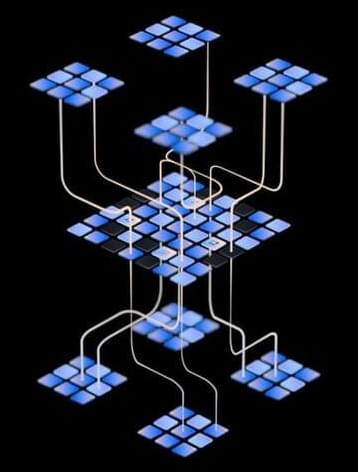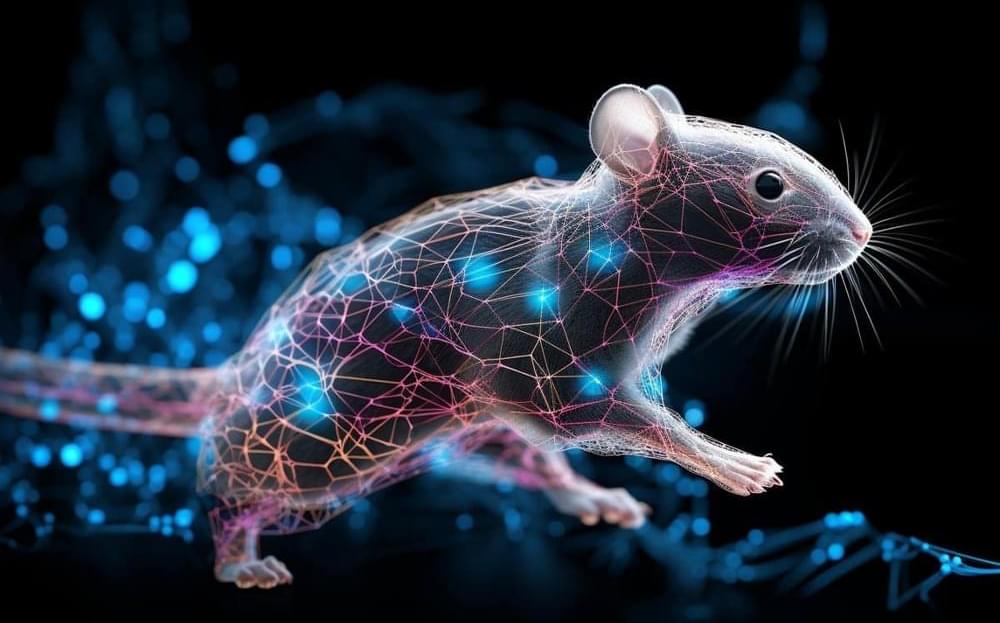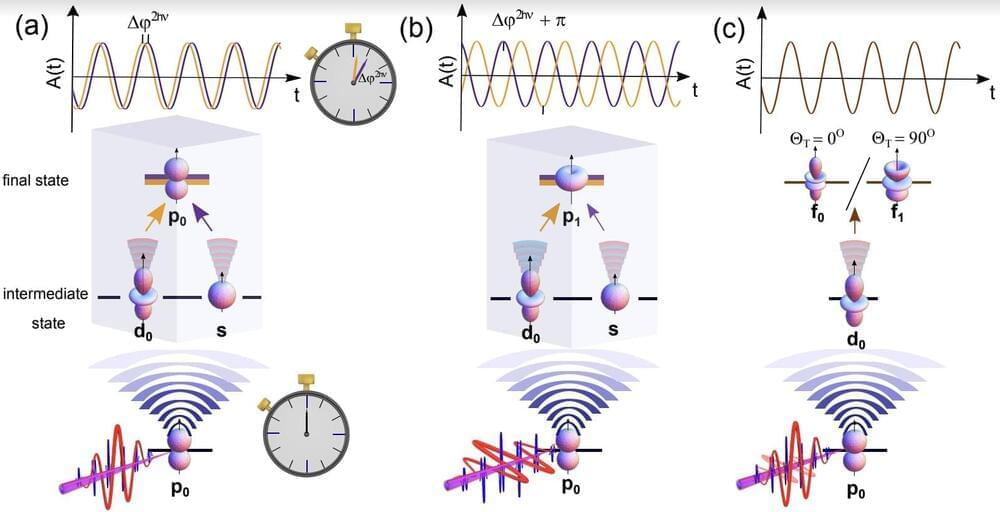Google DeepMind has developed an AI agent system that can learn tasks from a human instructor. After enough time, the AI agent can not only imitate the actions of the human instructor but also recall the observed behavior.
In a paper published in Nature, researchers outline a process called cultural transmission to train the AI model without using any pre-collected human data.
This is a new form of imitative learning that the DeepMind researchers contend allows for more efficient transmission of skills to an AI. Think of it like watching a video tutorial – you watch, learn and apply the teachings as well as remember the video’s lessons later on.








